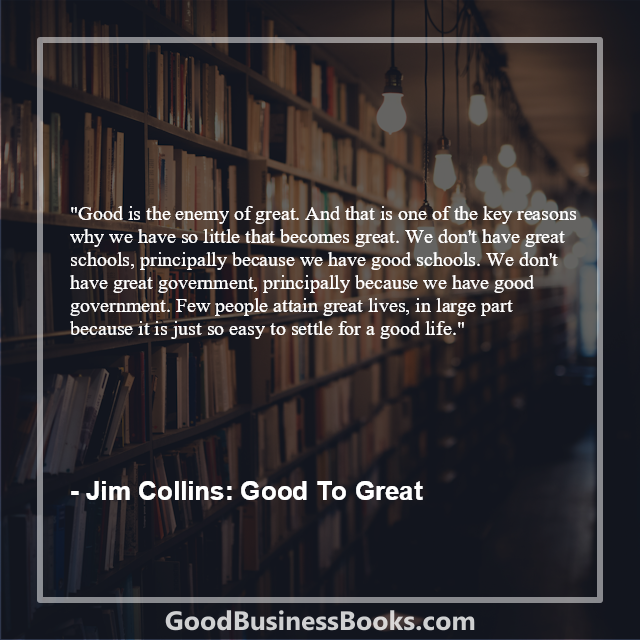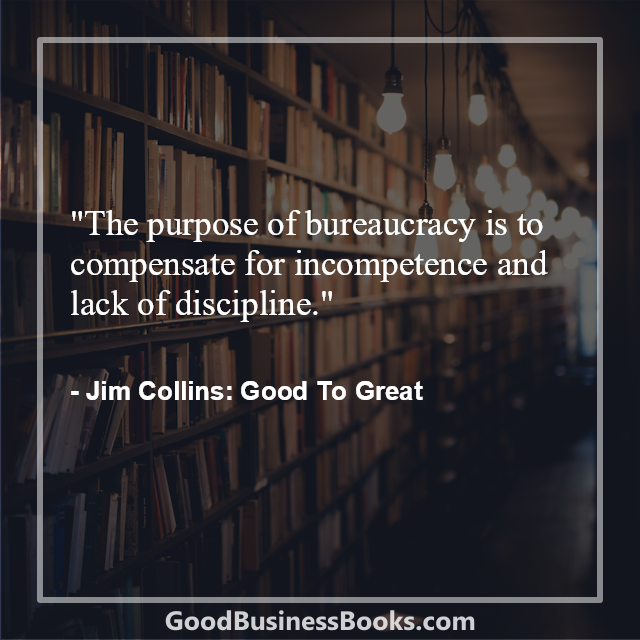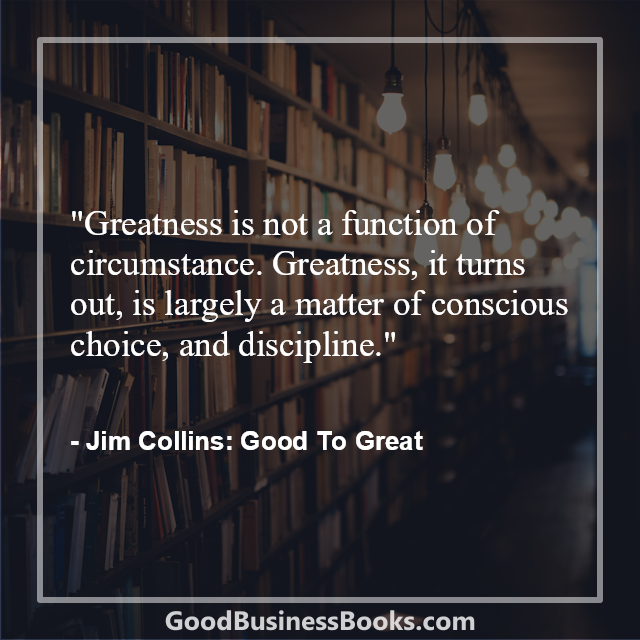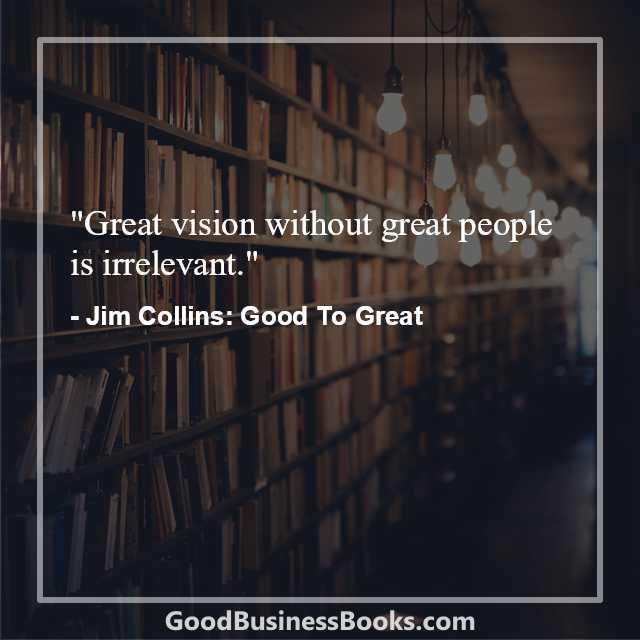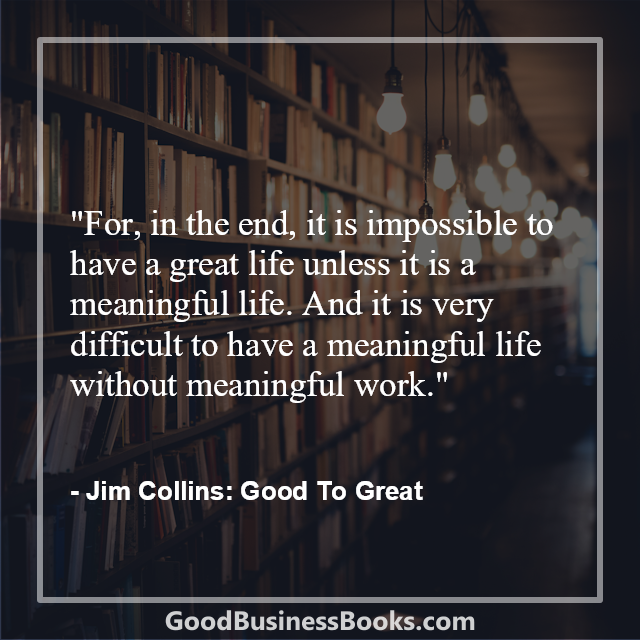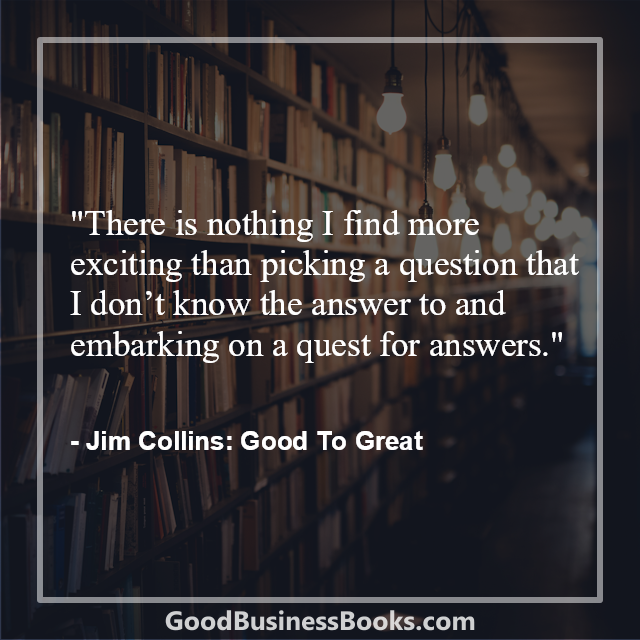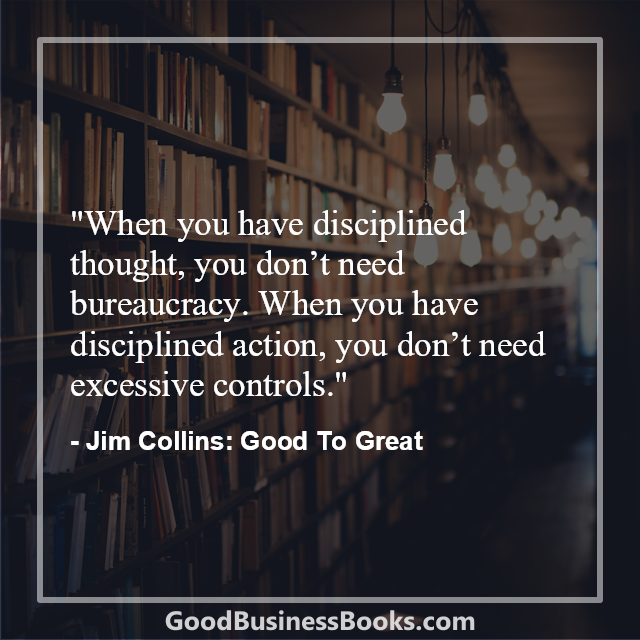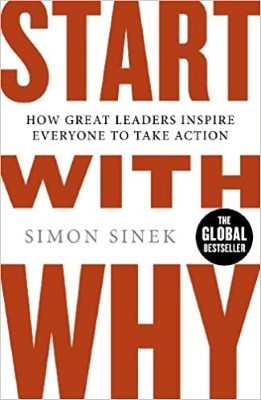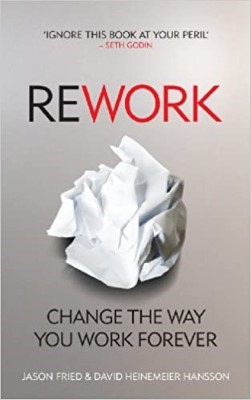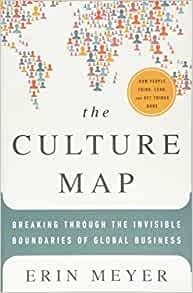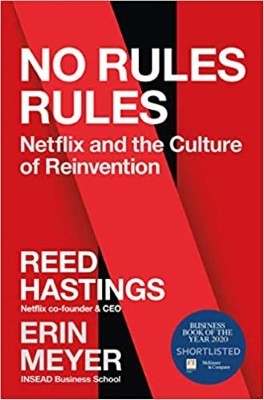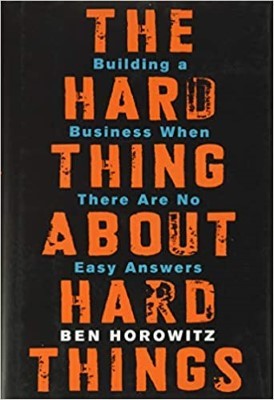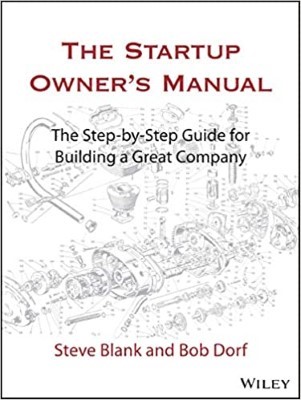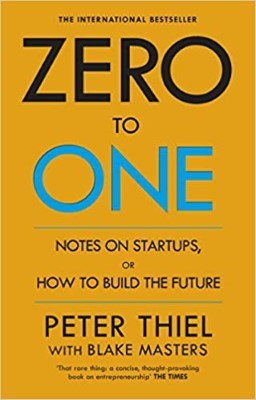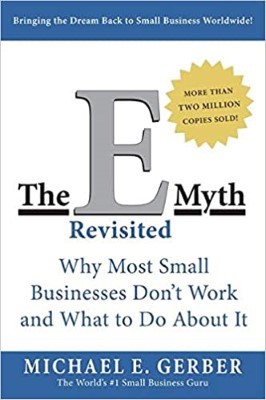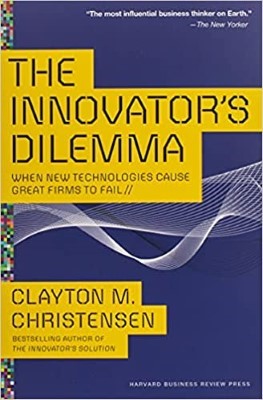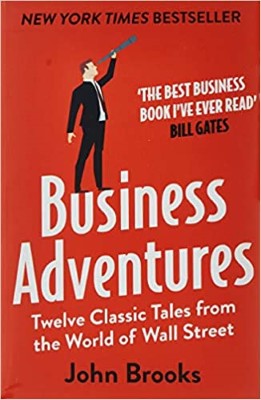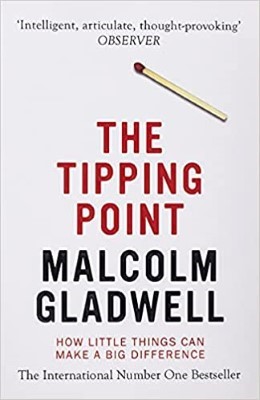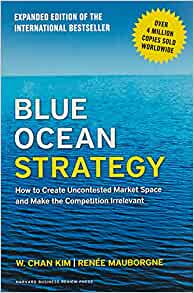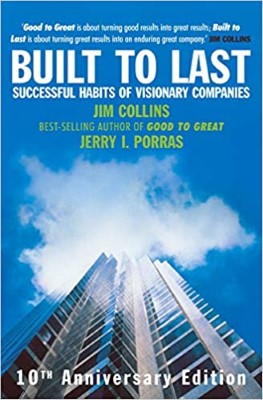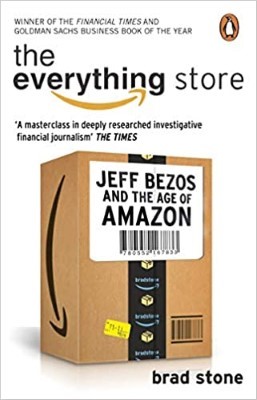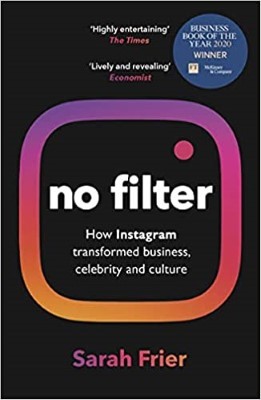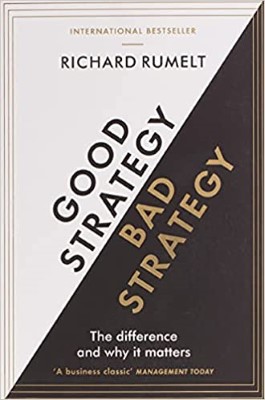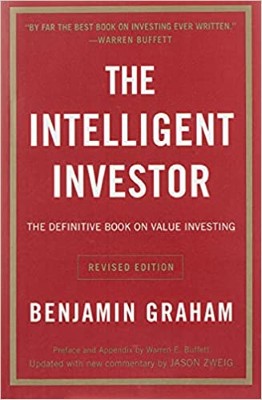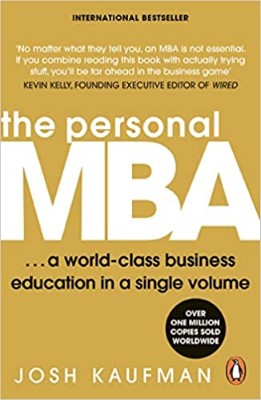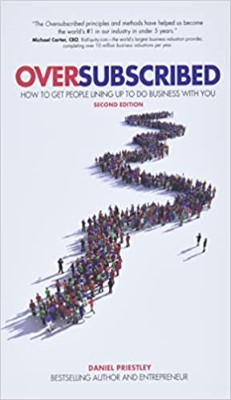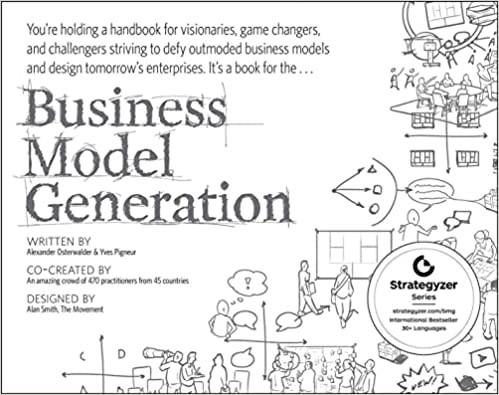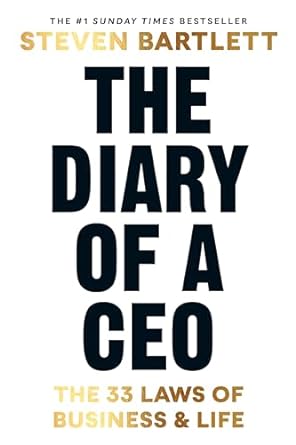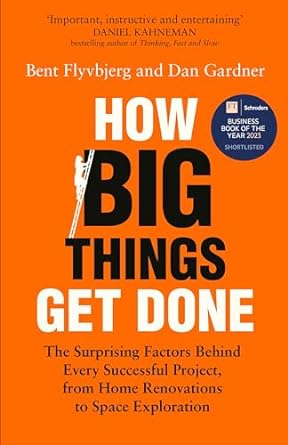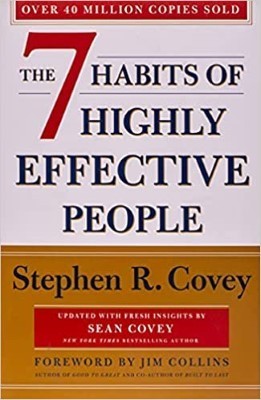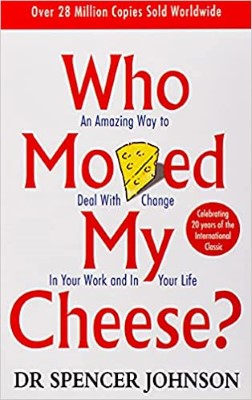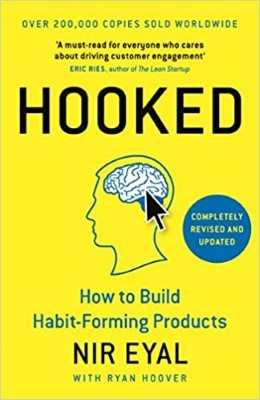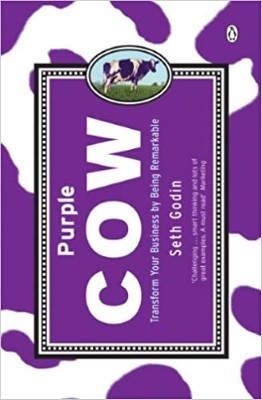Good To Great
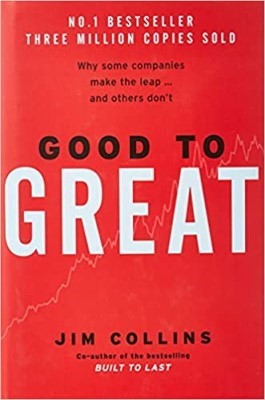
Jim Collins, 2001
After a five-year research project, Jim Collins concludes that good to great can and does happen. In this book, he uncovers the underlying variables that enable any type of organisation to make the leap from good to great while other organisations remain only good.
💎 Gems 💎
Good is the enemy of great. And that is one of the key reasons why we have so little that becomes great. We don't have great schools, principally because we have good schools. We don't have great government, principally because we have good government. Few people attain great lives, in large part because it is just so easy to settle for a good life.
The purpose of bureaucracy is to compensate for incompetence and lack of discipline.
Greatness is not a function of circumstance. Greatness, it turns out, is largely a matter of conscious choice, and discipline.
Great vision without great people is irrelevant.
For, in the end, it is impossible to have a great life unless it is a meaningful life. And it is very difficult to have a meaningful life without meaningful work.
The moment you feel the need to tightly manage someone, you’ve made a hiring mistake.
First Who ... Then What. We expected that good-to-great leaders would begin by setting a new vision and strategy. We found instead that they first got the right people on the bus, the wrong people off the bus, and the right people in the right seats—and then they figured out where to drive it. The old adage “People are your most important asset” turns out to be wrong. People are not your most important asset. The right people are.
You can accomplish anything in life, provided that you do not mind who gets the credit.
There is nothing I find more exciting than picking a question that I don’t know the answer to and embarking on a quest for answers.
When you have disciplined thought, you don’t need bureaucracy. When you have disciplined action, you don’t need excessive controls.
